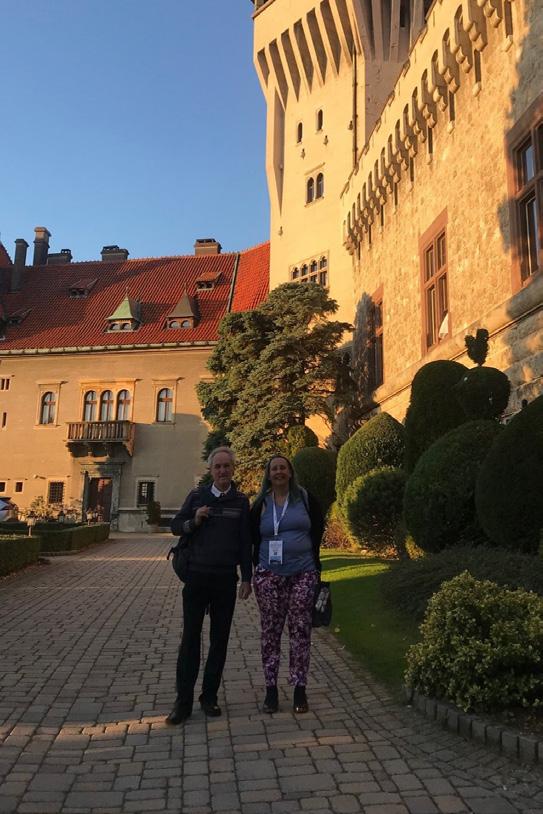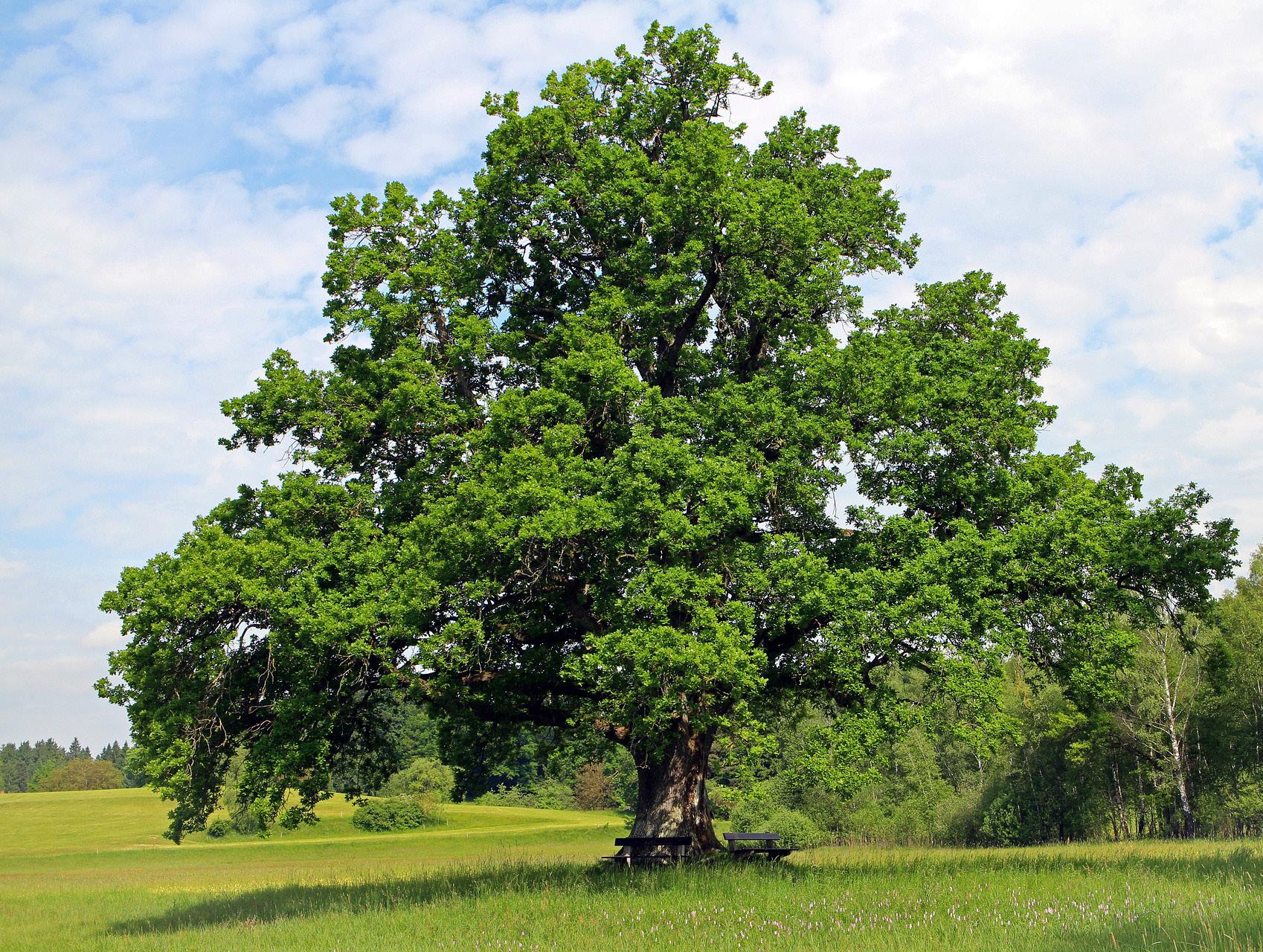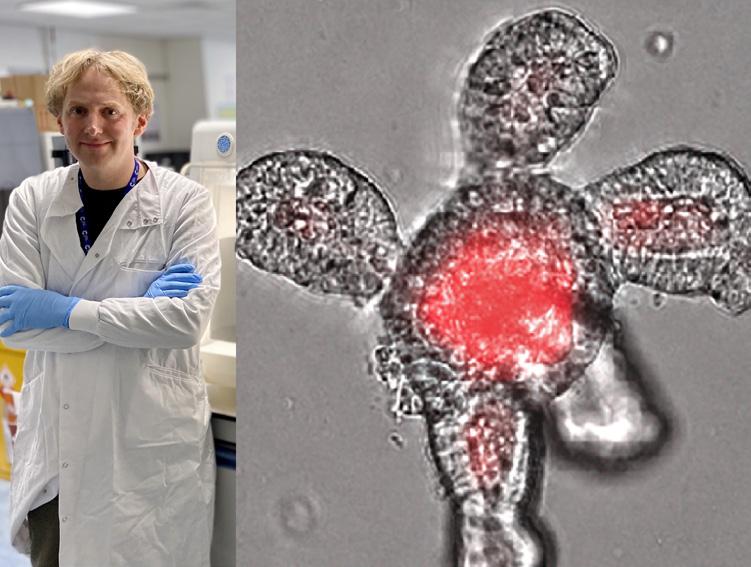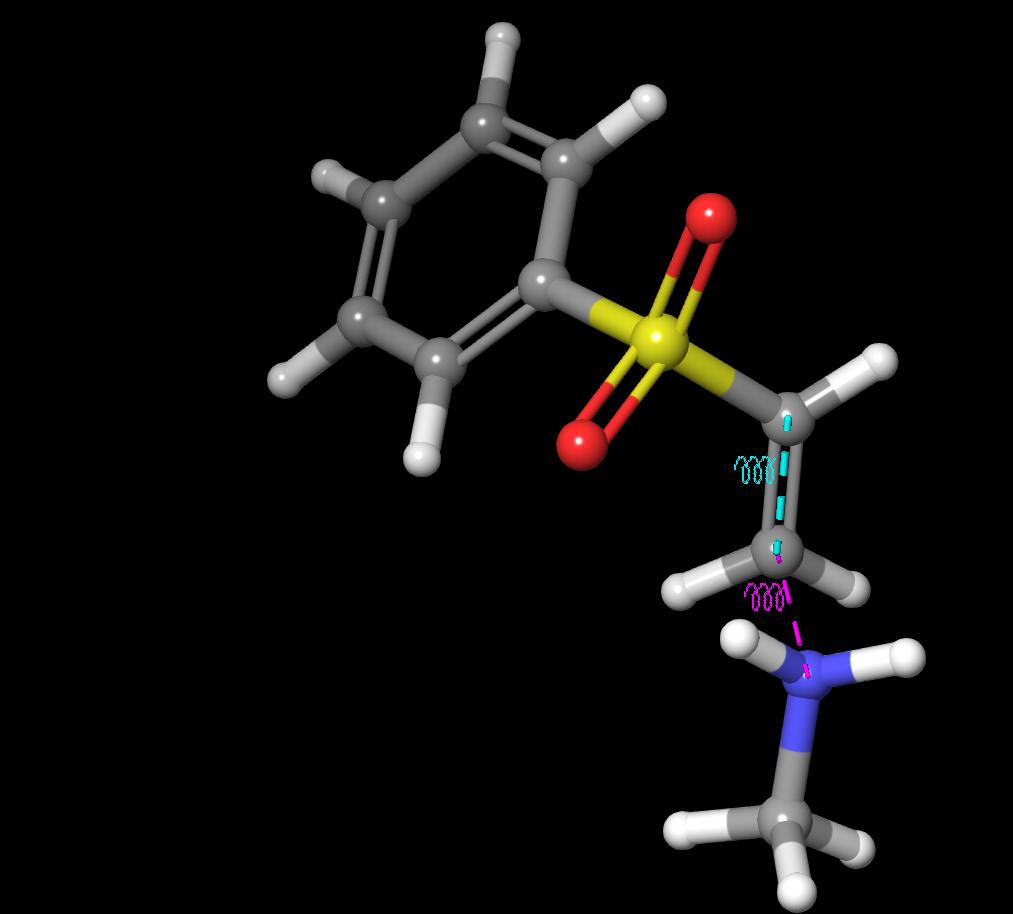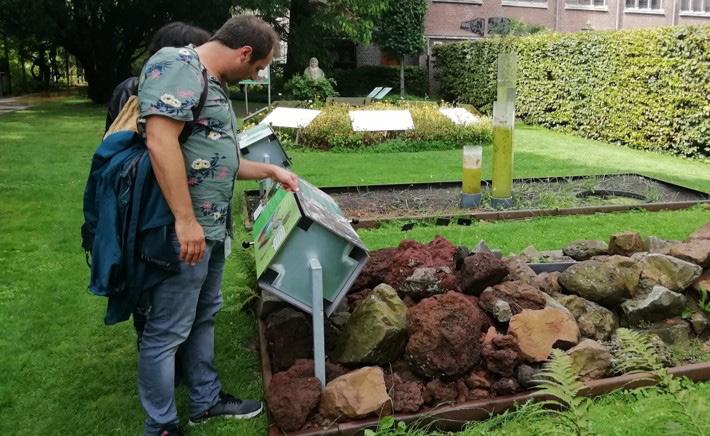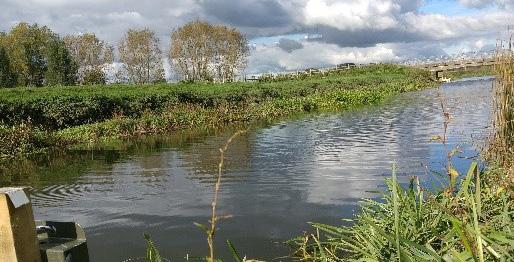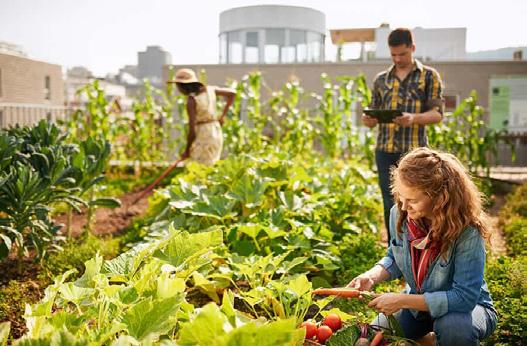
1 minute read
Accessibility increases bushmeat trade
Wild Meat Trade Thrives On Bioko Island Due To New Road
BY: EMMA BLEAKLEY
Advertisement
The wild meat trade is a tough subject, but Dr. David Fernandez and his team have studied and discovered new, unexpected impacts on this activity using passive acoustic monitoring methods on Bioko Island, Equatorial Guinea. Dr. Fernandez began working on Bioko when he finished his Zoology degree at the Universidad de Alcalá in Spain, over 20 years ago. Belebu village, in the north of the Gran Caldera de Luba Scientific Reserve, and Ureca, in the south, have recently been connected by a new road, which cuts through the centre of the reserve. By clearing and opening some of the reserve’s most challenging jungle terrain, wild meat hunting has increased significantly in the area. Seven different primate species call the island of Bioko home, including the critically endangered Pennant’s Red Colobus, which resides exclusively in the Gran Caldera de Luba Scientific Reserve in the island’s southern region. Dr. Fernandez said the Pennant’s Red Colobus, and other native monkeys are “prestigious and expensive” in the wild meat trade: a trade that, although illegal, is thriving. Surveys conducted between 1997 and 2010 at the Malabo market, one of the largest wild meat markets on Bioko Island, documented 197,000 animals for sale, 35,000 of those were locally sourced primates, most of which were killed with shotguns. Using acoustic sensors developed by the Elephant Listening Project (Cornell University), the researchers were able to isolate and identify gun shots recorded from ten monitors covering 75km2 of the reserve to determine key areas of hunting activity.

During our interview, Dr. Fernandez talked about the economic and cultural issues that are primarily responsible for driving the wild meat trade on Bioko Island and a few potential countermeasures. The lack of local employment is the main driver of the wild meat trade, as the island’s main source of income is the oil industry.

The island’s Vice President,
Teodoro Obiang Nguema, is “very keen on developing Ecotourism” but is aware “that hunting is a barrier towards developing this industry.”
Expanding ecosystems will also require more roads and potentially increase wild meat hunting, leading to the suggestion that car checkpoints be added at the entrances of the new roads to deter hunters. Alternatively, there is a potential to create jobs within the ecotourism industry, hotels, and research stations for the



